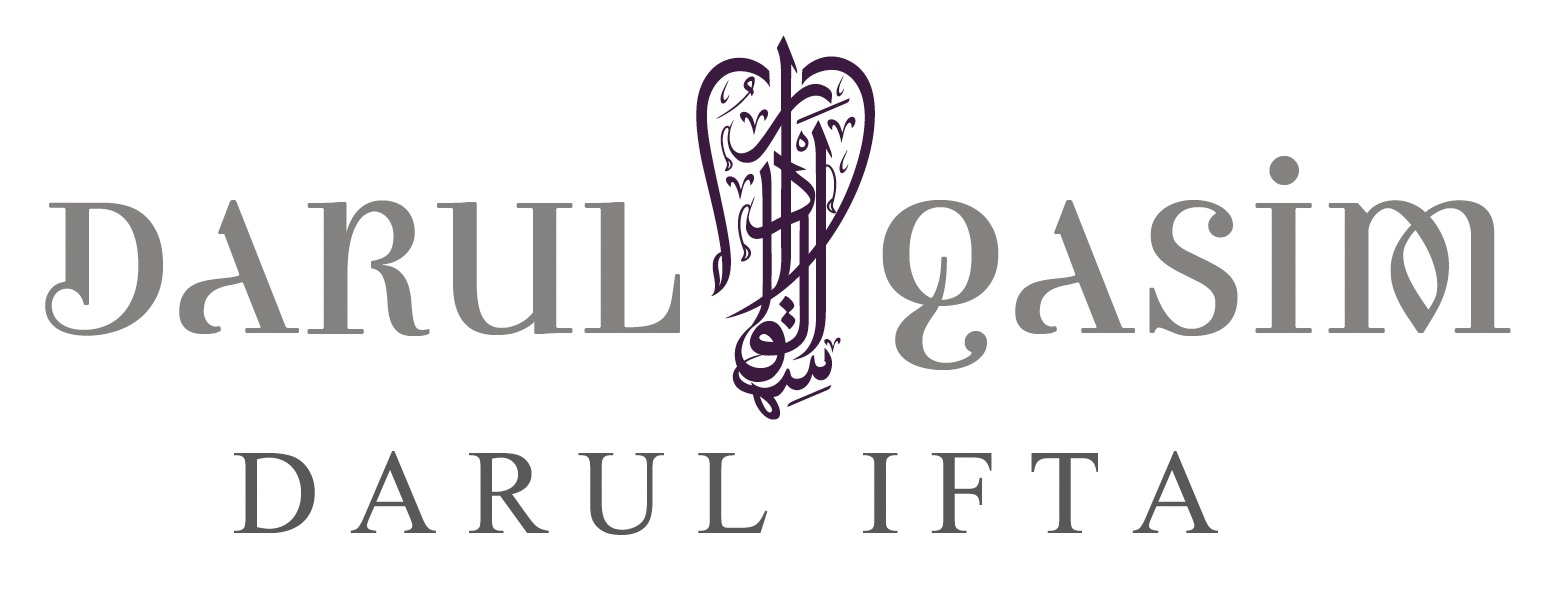Developing a Good Opinion of Allah
Question
Al-salāmu ʿalaykum
I am reaching out and asking for guidance on how to improve my perception of Allah. I feel like my life as of recent is just a series of trials. I reckon that I'm ungrateful when considering the suffering which many face; truly, Allah has blessed me beyond compare. Still, my personal trials make me believe that when a good thing happens, something bad will inevitably follow; especially since I realize that the believers will be tested. As a result of these frequent trials arising in my personal life, I have a hard time believing that I will find times in which I experience extended peace.
While I know that Allah wants what's best for me, I believe that I have begun to see Him as one who is predominantly feared rather than a Lord who grants His servants raḥmah and peace. This concerns me as I have heard a ḥadīth mentioning that Allah rewards His servants according to their estimation of Him.
What are some strategies to improve our opinion of Allah?
Answer
Wa ʿalaykum al-Salām wa Raḥmatullāh wa Barakātu-h.
In the name of Allah, the Most Gracious, the Most Merciful.
A study that is incomplete or conducted through a faulty lens may produce negative results. For example, if one looks at just one tile on an elaborate mosaic, one may conclude that there is nothing more than a single tile; consequently, it may seem meaningless and incoherent as one has not seen the entire piece. Similarly, if one views that mosaic by holding up red film and looking through it, one may conclude that the tiles comprising the mosaic are all red or have a reddish tint.
Hyper-focusing on this worldly realm while ignoring the hereafter may lead one to assume that the world is evil and unjust. Viewing this world through a materialistic lens may yield inaccurate results. This world and its temporary enjoyments are just one part of the entire picture. Countless Qurʾānic verses and Prophetic texts inform us that temporary difficulty and suffering in this world is reciprocated by everlasting bliss and abundant rewards in the hereafter; these bounties are given to those who exercise resolve and patience.
The ups and downs that we experience are from Allah's infinite wisdom; they are manifestations of this worldly life's objective: a test. In times of ease, our gratitude to Allah is tested. Do we thank Him? Or do we get caught up in this world's mundane attractions until we ignore and forget our Lord? Hardships test resolve and patience. Do we complain and lose trust in Allah? Or do we remain focused on Him as we strive for the hereafter. Allah is al-Raḥīm and he is al-Salām. It is the sheer raḥmah of Allah that we have, through the life He provided, an opportunity to recognize and worship Him. He, Almighty, is always calling us to peace in both worlds; it is the misuse of human volition that brings us evil and rids us of peace.
We advise that you reflect over these realities; that you view this world through the lens of the hereafter. For example, when news of a child's death reaches its parents, we see them grieve. One should not see them as merely morning, rather, one should take solace in the fact that Allah granted them an abode high in Jannah called "The House of Praise." This bounty will be bestowed upon them because they exercised patience at the loss.[i] Similarly, when we come to know that many died in a plague, this should remind us that they will receive the reward of martyrs in the hereafter.[ii] Allah's Messenger r promised us rewards for even the slightest inconveniences we experience in this world.[iii]
Accordingly, you should choose to be in the company of those who remind you of Allah and are cognizant of the hereafter.
And Allah knows best.
[i] Aḥmad b. Ḥanbal, “Musnad al-Kūfiyīn, Ḥadīth Abī Mūsā al-Ashʿarī,” in Musnad Aḥmad, 1st ed. ed. Shuʿayb al-Arnaʾūṭ and others (Muʾasasat al-Risālah, 1421/2001), 32:500-501.
حدثنا يحيى بن إسحاق يعني السالحيني قال: أخبرنا حماد بن سلمة، عن أبي سنان قال: دفنت ابنا لي وإني لفي القبر إذ أخذ بيدي أبو طلحة فأخرجني فقال: ألا أبشرك؟ قال: قلت: بلى. قال: حدثني الضحاك بن عبد الرحمن، عن أبي موسى الأشعري قال: قال رسول الله صلى الله عليه وسلم قال الله تعالى يا ملك الموت قبضت ولد عبدي. قبضت قرة عينه وثمرة فؤاده قال: نعم قال فما قال؟ قال حمدك واسترجع. قال ابنوا له بيتا في الجنة وسموه بيت الحمد
[ii] Ibid., “Aḥādīth Rijāl min Aṣḥāb al-Nabī r, Ḥadīth Jābir b. ʿAtīk” 39:163.
حدثنا روح، حدثنا مالك، عن عبد الله بن عبد الله بن جابر بن عتيك، عن عتيك بن الحارث بن عتيك، فهو جد عبد الله بن عبد الله أبو أمه أنه أخبره أن جابر بن عتيك أخبره: أن عبد الله بن ثابت لما مات قالت ابنته والله إن كنت لأرجو أن تكون شهيدا، أما إنك قد كنت قضيت جهازك، فقال رسول الله صلى الله عليه وسلم " إن الله قد أوقع أجره على قدر نيته، وما تعدون الشهادة قالوا: قتل في سبيل الله، فقال رسول الله صلى الله عليه وسلم الشهادة سبع سوى القتل في سبيل الله المطعون شهيد، والغرق شهيد، وصاحب ذات الجنب شهيد، والمبطون شهيد، وصاحب الحريق شهيد والذي يموت تحت الهدم شهيد والمرأة تموت بجمع شهيدة
[iii] Muslim b. al-Ḥajjāj al-Qushayrī, “Kitāb al-Birr wa-l-Ṣilah wa-l-Ādāb, Bāb Thawāb al-Muʾmin fī-mā Yuṣību-h min Maraḍ aw Ḥuzn aw Nahw Dhālik…” in Ṣaḥīḥ Muslim, ed. Muḥammad Fuʾād ʿAbd al-Bāqī (Photocopy: Cairo: Maṭbaʿat ʿĪsā al-Bābī al-Ḥalabī wa Shurakāʾu-h, 1374/1955), 4:1991.
وحدثنا أبو بكر بن أبي شيبة وأبو كريب واللفظ لهما ح وحدثنا إسحاق الحنظلي قال إسحاق أخبرنا وقال الآخران حدثنا أبو معاوية عن الأعمش، عن إبراهيم، عن الأسود عن عائشة قالت قال رسول الله صلى الله عليه وسلم "ما يصيب المؤمن من شوكة فما فوقها، إلا رفعه الله بها درجة، أو حط عنه خطيئة
